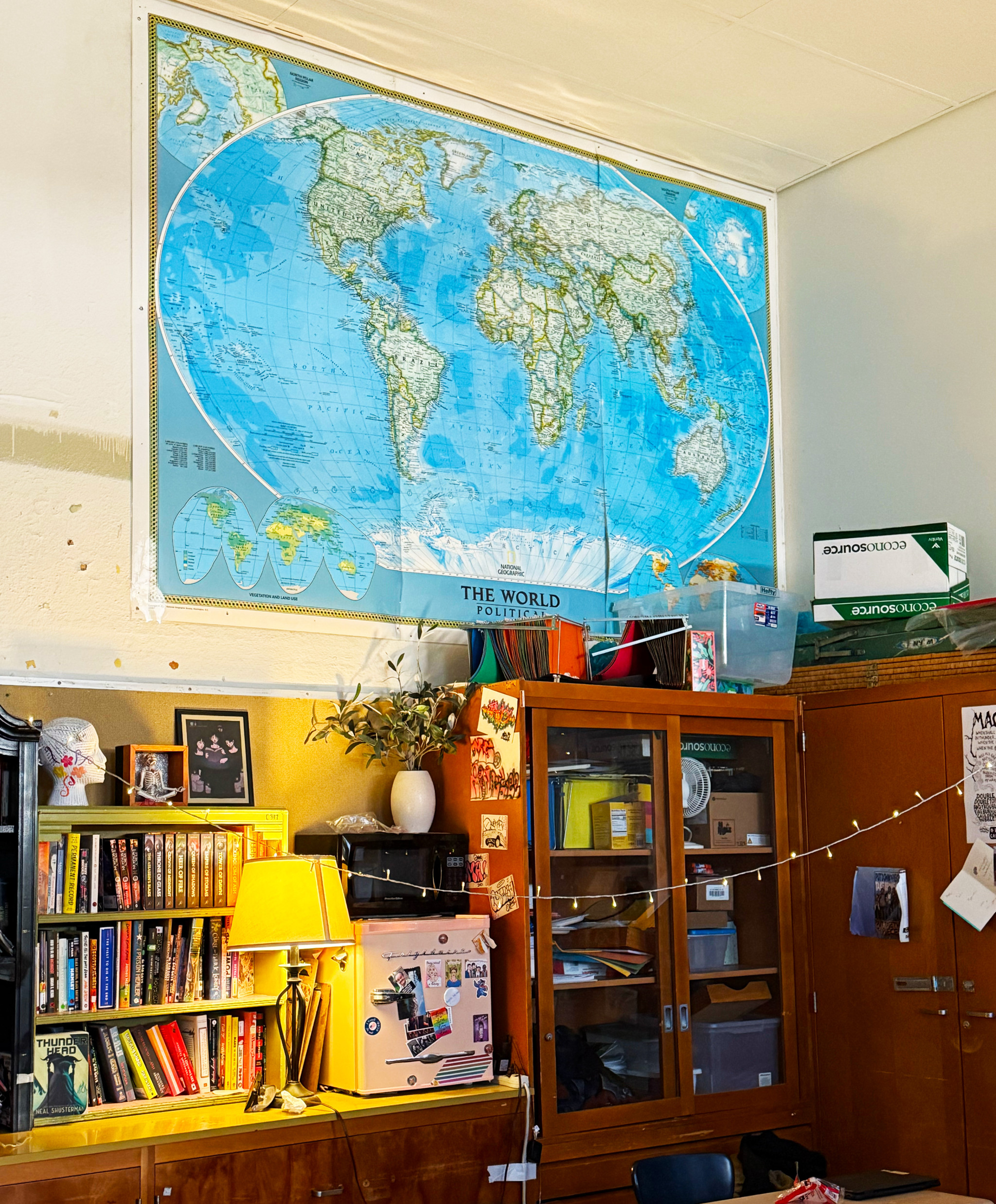It is a common perception that Americans have poor geography skills. Unfortunately, this stereotype has a bit of truth to it. In a National Geographic-Roper Poll that consisted of around 3,000 people from nine countries, the United States placed second to last in its populations' geography knowledge. Geography is a broad field that covers everything from historical and economic events, to cartography and climatology. Although it seems obvious that this content should be taught in schools, many classrooms barely engage with the subject. A yearly geography unit should be incorporated into all students history or social science classes to ensure that fundamental geography skills are developed.
Teaching geography will help students understand the connections between humans and their environment. For example, learning about California's topography and landscape can make students aware of drought and wildfire challenges. Hopefully, students will be inspired to take action, and think of possible solutions for these issues.
Studying geography will also allow students to understand trade. Different landscapes and locations affect what and how products are exchanged. For example, a large container ship got stuck in the Suez canal in March of 2021. The canal, an important waterway for transportation and trade, is often seen as a powerful example of engineering and geography working together. However, the event triggered the hold-up of over 400 ships and caused an economic loss of over ten billion dollars. Discussing events such as these in geography classes would shed light on the relationship between geography, engineering, and our economies.
In a region as diverse as the Bay Area, international geography would be the most beneficial to teach students. The best way to start is to familiarize students with the world map. An effective way of teaching this is to break up continents into regions, and then put them back together. Domestic geography should also be covered as being familiar with one's own country is important. Courses like IB History of the Americas and AP United States History could be geared towards domestic geography, while BIHS Global History could focus on international geography.
Ultimately, developing a strong grasp of geography grows our understanding of the world and the people we interact with. A strong geography curriculum is essential for students to be global citizens who care about the societal issues we face — whether at home or overseas.





